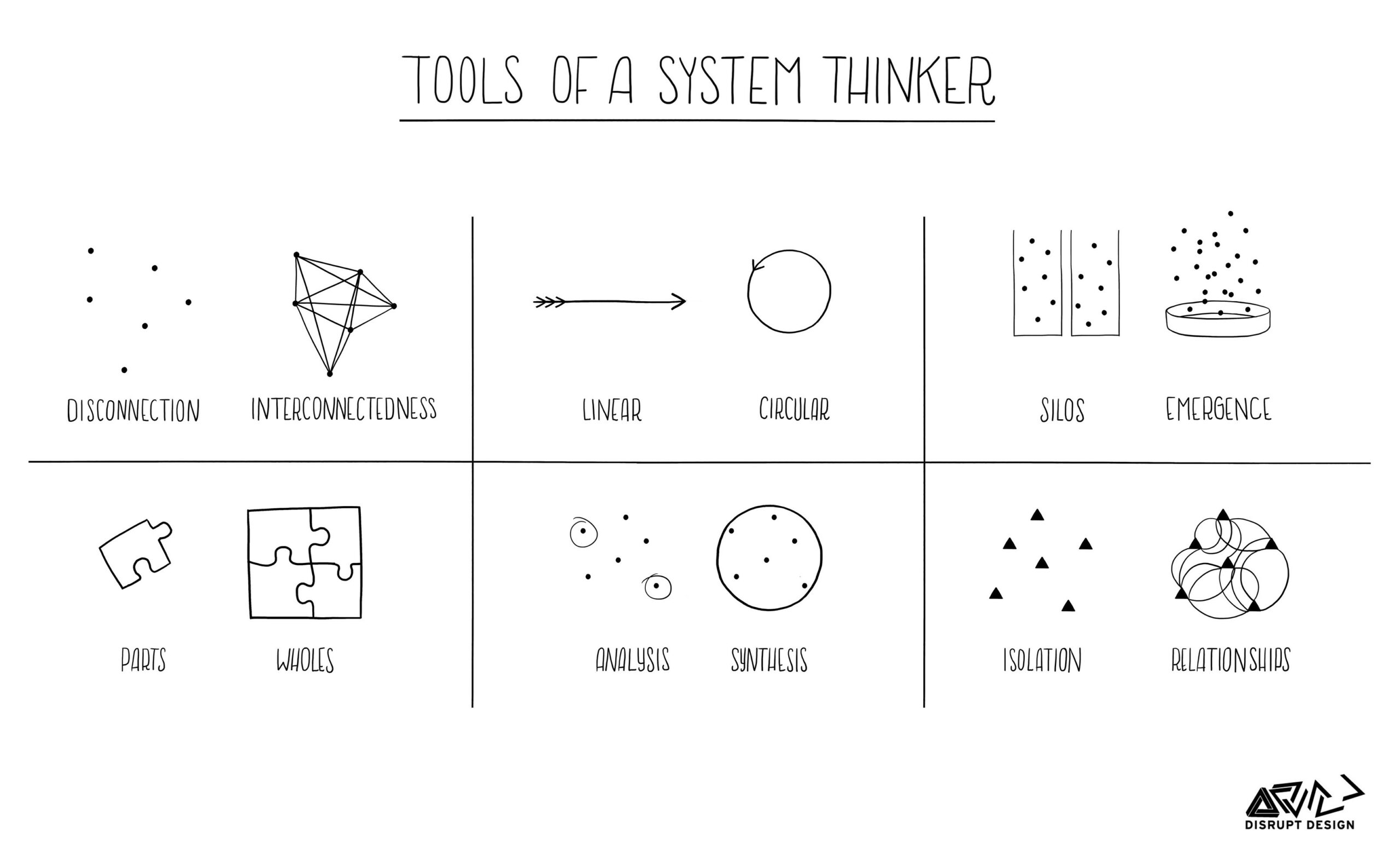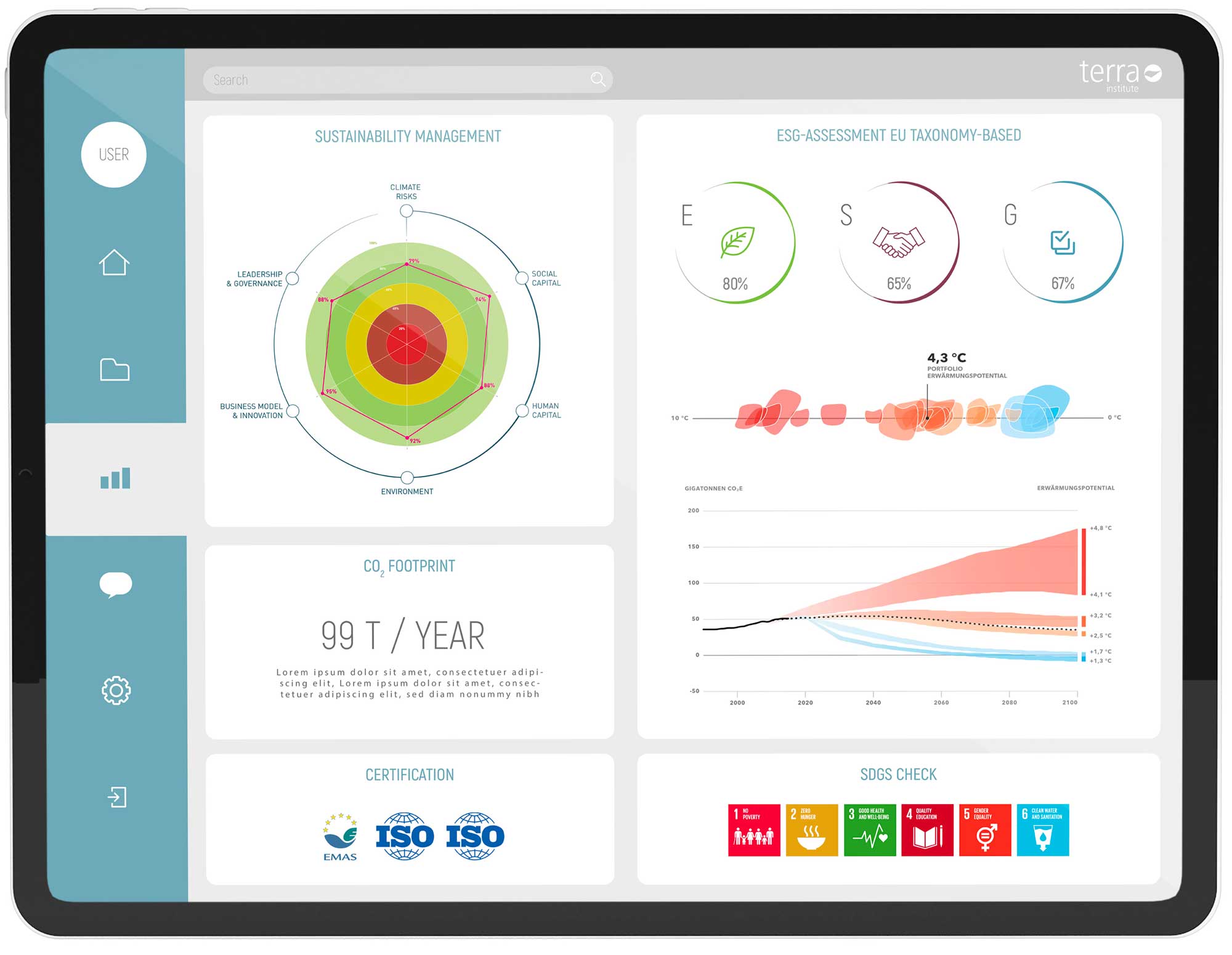“‘WHEN MORE PLASTIC THAN FISH ARE SWIMMING IN THE SEA, NATURAL DISASTERS ARE NOT UNCOMMON AND THE RED LIST IS WRITING ITSELF, THEN A RETHINK IS NEEDED!’ APPEALS EVELYN OBERLEITER, BUSINESS CONSULTANT AND CO-FOUNDER OF THE TERRA INSTITUTE.
Sustainable leadership is essential here. The topic of sustainability is more important to our society today than ever before. Consumers in particular are increasingly scrutinising the origin and manufacture of products. This is putting companies under increasing pressure: those who cannot call themselves sustainable are jeopardising their reputation and risking losses. However, the transformation from profit-orientated entrepreneurship to a holistically sustainable business model is not easy. It is a complex and lengthy process that presents managers in particular with new challenges. ‘When it comes to sustainability, managers play a special role in the company,’ emphasises Evelyn Oberleiter. ‘They act as role models for their employees and set a good example.’
SUSTAINABLE LEADERSHIP: TRANSFORMATION BEGINS IN THE MIND.
Managers who want to make their company sustainable must first develop an awareness of sustainability. This includes acquiring extensive specialist knowledge: from renewable energy sources, environmentally friendly resource management and recycling options to specific processes in the value chain. If you have the necessary expertise, you can organise your company sensibly and make it sustainable. With their own further training and sensitisation, they can also present a confident and credible image – both externally and internally.
The next step is to communicate sustainability and environmental protection to all levels of the company. This is because every team member plays an active role in realising the goals that have been set. Managers are responsible for ensuring that everyone has the same personal motivation and professional expertise to drive change in the company. This can be achieved through regular training sessions , for example. But even weekly meetings promote a company’s learning culture : new goals can be defined together and decisions can be made together. Everyone has the opportunity to contribute to the transformation process. Transparency is the basic prerequisite for this form of corporate culture to succeed. It makes efforts measurable, ensures credibility with customers and creates trust within the workforce.
As soon as it is ensured that all employees have the necessary skills, it is time for managers to hand over responsibility. A step that many managers may find difficult at first, but which is essential for sustainable company management. Allowing employees to work independently relieves the pressure on managers and speeds up work processes considerably. Managers take on a coaching role. This creates a partnership-based relationship between managers and employees. ‘Sustainability needs flat hierarchies,’ explains Evelyn Oberleiter. ‘Trust, reliability and honesty are fundamental values that make this possible. A sustainable manager always endeavours to live these values every day.’











